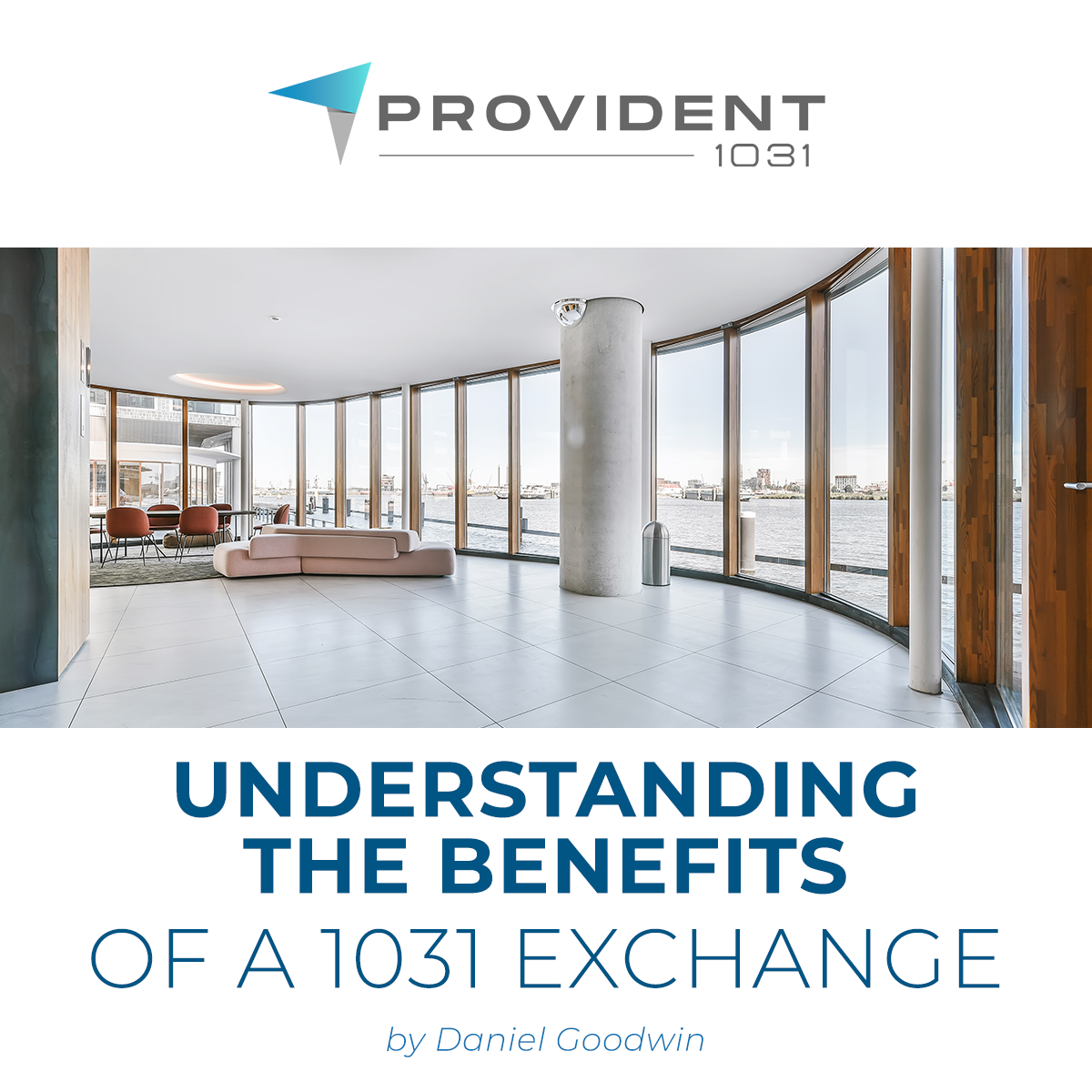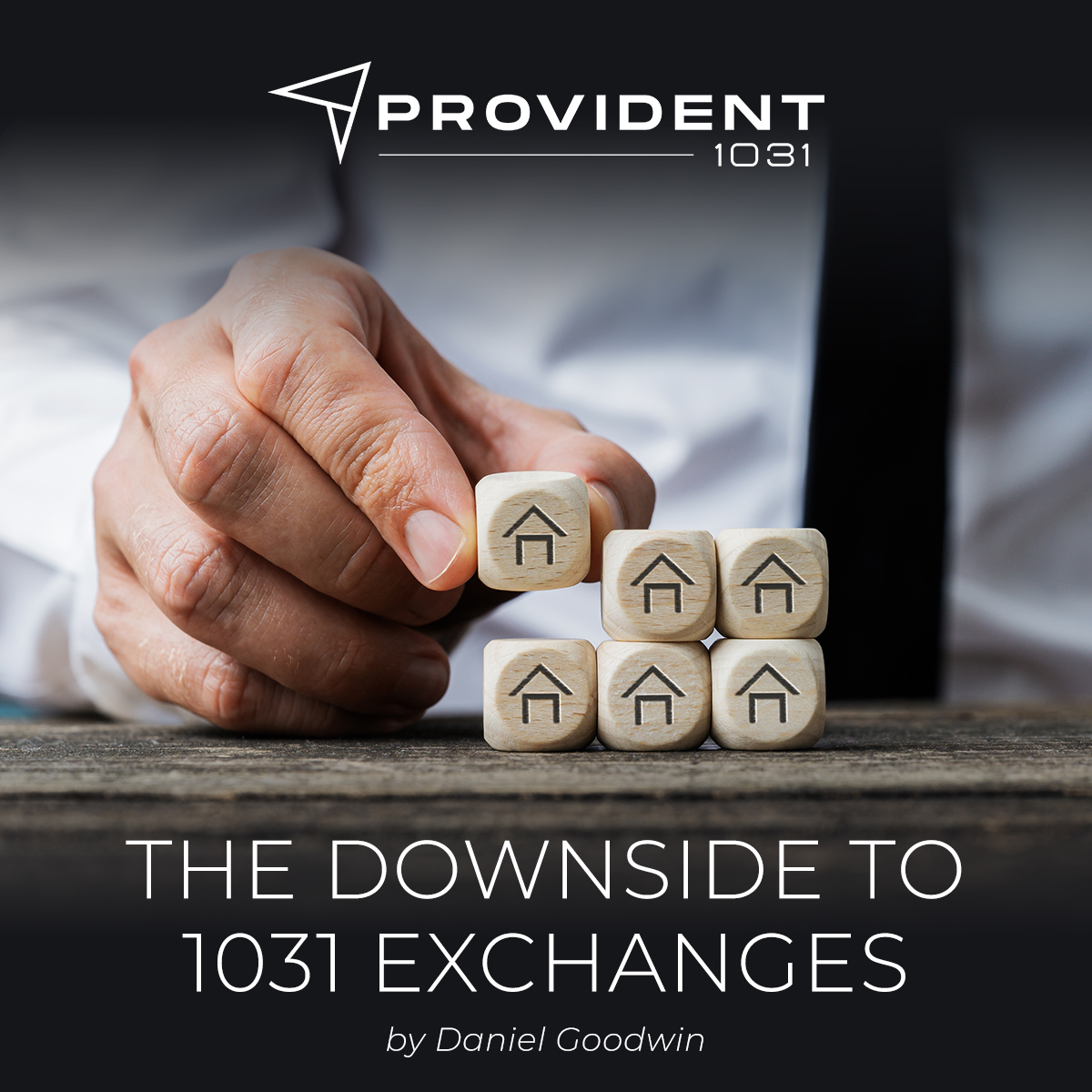Determining Dealer Status in a 1031 Exchange: Who Receives Benefits?

Determining Dealer Status in a 1031 Exchange: Who Receives Benefits?
1031 Exchange Benefits
You have acquired and resold several properties in the past, and now, you want to buy a single property and hold onto it for some time with the possibility of exchanging it later. Nevertheless, after purchasing and reselling several real estate assets, you become a dealer, and all of your properties are ineligible for 1031 exchanges.
The purpose of this article is to discuss the benefits of 1031 exchanges and the determining factors used by the IRS to distinguish investors from dealers, aka “flippers.
Understanding the Benefits of a 1031 Exchange

In general, 1031 exchanges are designed for investors who wish to sell a property and reinvest the sale proceeds into another qualified property or properties without having to pay capital gains taxes on the proceeds. Under the Internal Revenue Code tax code 1031 and its moving parts, real estate investors can exchange their real estate investment property with a like-kind replacement property.
The swaps are often taxable as sales, but if they qualify for a 1031 exchange, they allow tax deferral, so the investor won’t have to pay either sales taxes or capital gains taxes at the time of the exchange. There are several more benefits to 1031 exchanges beyond tax advantages. Let’s look at them below.
6 Benefits of A 1031 Exchange

1. Tax deferral
By using a 1031 exchange, you can change the type of property you own without having to cash out or posting a capital gain. For example, you can trade one rental property for like-kind property in an area with better rent rates. You can also exchange your current relinquished property for a new property and roll over your profits from one investment to another, avoiding paying taxes until you decide to cash out.
2. Leverage
There’s also monetary leverage, like-kind exchanges allow you to use the money you would otherwise have to pay to the IRS and increase your down payment on an exchange property of greater value, or even commercial real estate, like an apartment building, depending on your investment strategy. By doing so, you can systematically increase your wealth without having to pay taxes on each sale.
3. Flexibility
These types of exchange transactions are extremely flexible, making diversification easy. Property owners are able to swap one property for several others or to consolidate several properties into one. Property can be purchased anywhere in the United States. There’s even the possibility of exchanging vacant land for an investment property that generates cash flow.
4. Management
By pooling resources with other investors, real estate investors can invest their sales proceeds into Delaware Statutory Trusts and avoid property management. With this approach, you are able to increase revenue while saving time and effort on property management and rental management.
5. Depreciation Recapture
Additionally, depreciation recapture is avoided. Your property taxes will be lowered as a result of depreciation over time. However, when you sell a rental property, the IRS can collect taxes on your gains and recover the tax benefits you received from using depreciation to reduce your taxable income.
6. Building Wealth
A 1031 exchange is an excellent way to build wealth. Through monetary leverage, you can roll over your profits from one investment to another, and you can cash out the profits to be taxed as income.
You are only liable for taxes after you sell all your property at fair market value and cash out. In case of death, all tax liabilities are terminated, and your heirs and successors will not be liable for the taxes you deferred. They will inherit the property at its increased market-rate value, thanks to your investments.
The Downside to 1031 Exchanges

There is a downside to 1031 exchanges – they only benefit real estate investors. The Internal Revenue Service clearly distinguishes between real estate investors and real estate dealers by granting deferred tax benefits to the former, but not the latter.
Determining Dealer Status in a 1031 Exchange
In accordance with Internal Revenue Code Section 1031(a)(2), real estate that is primarily held for resale to clients in the regular course of the taxpayer’s business is deemed inventory or stock and isn’t eligible for a 1031 exchange. In order to qualify for tax deferral treatment under 1031 transactions, the property must be used for productive purposes in business or investment. It’s important for the IRS to distinguish between dealers and investors when determining whether a property qualifies.
Distinction Between Investor and Dealer
Dealers, and those who purchase real estate to “flip”, hold inventory or stock for sale, and real estate can be regarded as such under Section 1031(a)(2). Inventory sales, however, are subject to ordinary income taxes rather than capital gains. A realtor, developer, or other person who acquires, owns and sells real estate could be considered a dealer based on the evidence and facts supporting their intent.
Investors, however, purchase real and personal property and hold it for a period of time, usually more than a year, in order to give the purchase or investment time to mature. When an investor sells a property, capital gains and depreciation recapture are triggered. Investment properties are held rather than sold quickly, whereas resale properties are sold by dealers.
Despite this, no single factor determines the difference between investors and dealers. Instead, nine questions provide the determining factors that determine whether a taxpayer is a dealer or an investor.
These questions are:








